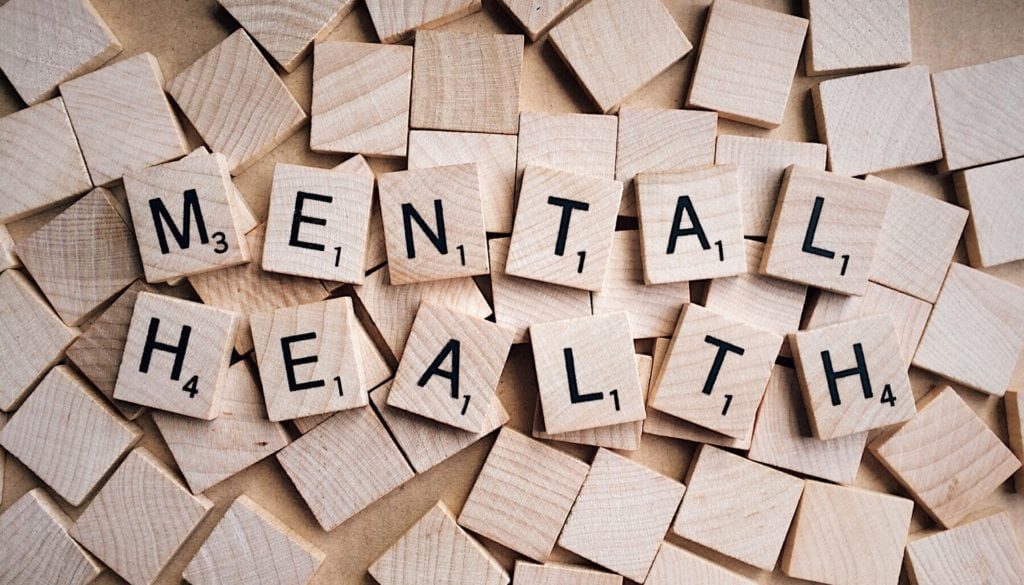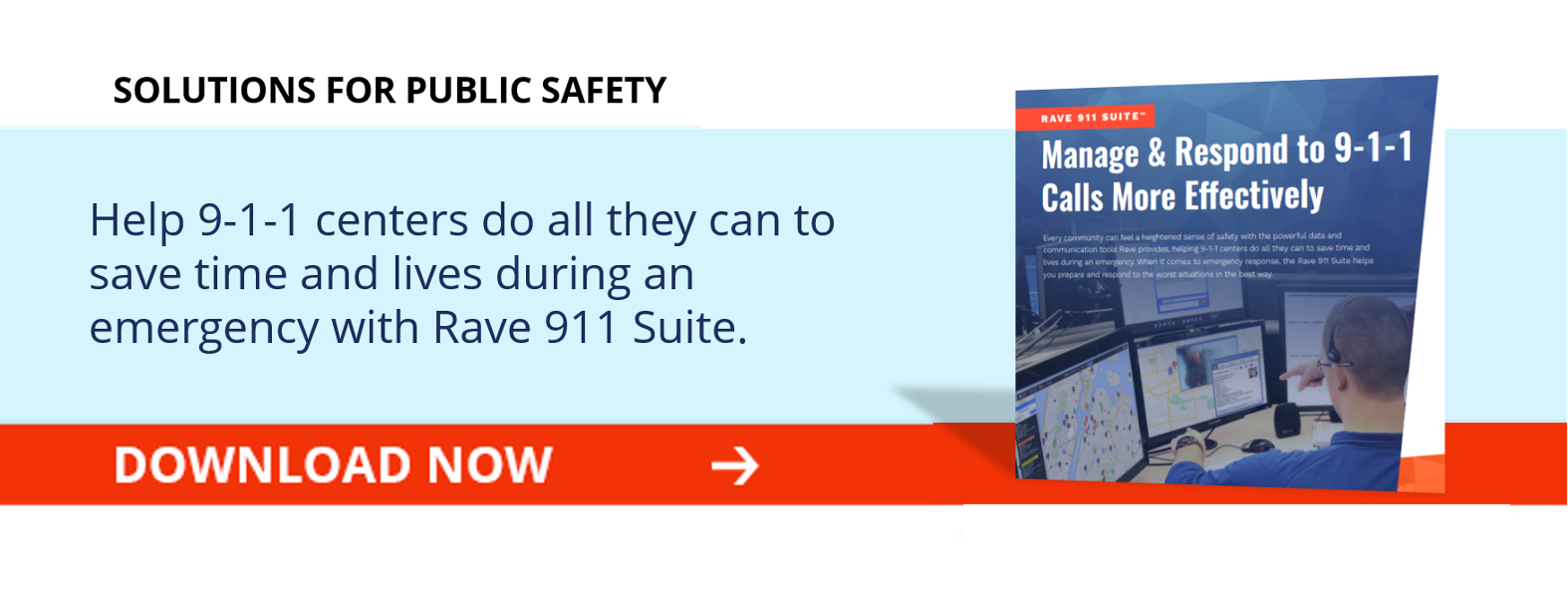Accelerating Appropriate 911 Responses in Mental Health Crises
The issue of 911 responses to mental health crises dates from the 1970s when a combination of factors led to the systematic mass closing of state-run residential psychiatric hospitals. Mentally ill patients who had been cared for in these facilities were now supposed to be cared for in the community; but, due to a lack of resources, many ended up without adequate support.
A 2003 study found the lack of adequate support resulted in an increase in crime, arrest rates, incarceration, and homelessness among the mentally ill. Furthermore, not only were there more 9-1-1 calls for law enforcement to respond to, but they also took longer to resolve. A 2011 study found it could take a full day to respond to a call involving a mentally ill person due to stabilizing the person, assessing the nature of their illness, locating a facility to take the person to, and admitting them.
Over the next few years state and local governments acknowledged that mentally ill populations had become a significant consumer of law enforcement resources at the cost of public safety. Crisis intervention teams were created based on the CAHOOTS model, and several states passed laws to support Assisted Outpatient Treatments. While these were a step in the right direction, they failed to address many of the scenarios in which people were experiencing a mental health crisis.
More recently, the Substance Abuse and Mental Health Services Administration (SAMHSA) produced a report listing multiple initiatives that reduce law enforcement involvement in scenarios potentially involving a mental health crisis. The report prompted Congress to award SAMHSA $4.25 billion in December 2020 to support these initiatives and further programs relating to suicide prevention, mental health services for children returning to school, and community behavioral health clinics.
Related Video: The New Reality of Mental Health and Community Safety
The Issue with Dispatching the Right Service for the Right Crisis
While the funding to support mental health initiatives is a further step in the right direction, it doesn’t address the issue of identifying when mental health services are required in an emergency, or dispatching the right service for the right crisis when Public Service Answering Points (PSAPs) receive a 911 emergency call. This is because the protocol for answering 911 calls is for the operator to establish the nature and location of the emergency and verify the identity of the caller.
Call answering protocols don´t require PSAP operators to ask whether the emergency may be associated with a mental health crisis; so, unless the nature of the emergency is described by the caller as involving a mental health issue, PSAP operators have no reason to dispatch a Crisis Intervention Team or other mental health service. Furthermore, in many jurisdictions, Crisis Intervention Teams are only be used an alternative to police response in nonviolent incidents.
Although many police departments have officers trained in mental health first aid, the funding doesn´t exist to train every officer in crisis intervention strategies. Consequently, scenarios exist in which officers with no mental health training are dispatched to respond to violent crimes in which the perpetrator – unbeknown to the PSAP operator – is experiencing a mental health crisis. The consequences can be fatal as the Washington Post´s Police Shootings Database demonstrates.
How to Accelerate Appropriate 911 Responses in Mental Health Crises
A solution for identifying when a person may be experiencing a mental health crisis in a violent incident is Smart911. The Smart911 service enables individuals with mental health issues – or their families or guardians – to create a free online safety profile to which details of the issue, any medication they are taking, and critical contact numbers can be uploaded. The profile is automatically displayed to PSAP operators when a 911 call is made from a phone number associated with the profile. There is also a SMS Chat Location query functionality where if they can’t or don’t want to talk to 9-1-1 they can communicate, and subsequently be located, via text.
With this information, PSAP operators can dispatch the right service for the right crisis – or, if no Crisis Intervention Team is available, alert responding officers that a perpetrator may be experiencing a mental health crisis. The service has been used successfully for several years in Kern County, CA, has recently been deployed in Virginia Beach, VI, and is widely implemented throughout Washington State to help jurisdictions comply with the requirements of the Travis Alert Act and the Marcus Alert Act.
If your jurisdiction has not yet deployed Smart911 to accelerate appropriate 9-1-1 responses in mental health crises, do not hesitate to get in touch. Our team of safety experts will explain how the service can alert PSAP operators to a potential mental health crisis and increase the likelihood of the right service being dispatched for the right crisis at the right time. Our team will also be happy to organize a demo of the Smart911 service in action so you can see how the theory works in practice.





